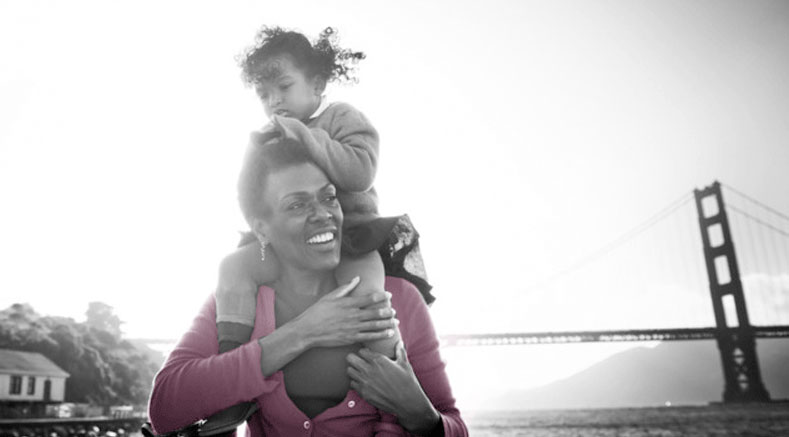
You’ve made it through all the treatments, the surgeries, the hospital visits and you finally heard those magic words: “You’re cancer free.” But now what? How can you go back to living the way you were before your diagnosis when so much has changed? We’ve got several tips for you as you go through the process of finding your “new normal:”
1. Stress less — When you have breast cancer, a lot of things can cause stress, from initial diagnosis to fear of recurrence. Stress can lead to fatigue, insomnia, pain, depression and also affect your relationships. Various techniques for stress reduction for cancer survivors have been recommended.
One in particular is mindfulness based stress reduction (M.B.S.R), which brings together medication and yoga and is now taught in many comprehensive cancer centers. Participants in M.B.S.R. may require less pain medication and help increase self-esteem. M.B.S.R. teaches “mindfulness,” which is a focus only on things happening in the present moment. Mindfulness is not a time to “zone out” or “space out” but is rather a time to purposefully pay attention and be aware of your surroundings, your emotions, your thoughts, and how your body feels.1 Whether it’s M.B.S.R., walking or meditation, find a technique that works best for you and make it a part of your daily life.
2. Eat well, move more — Weight gain increases feelings of stress and fatigue, while decreasing feelings of well-being, optimism and self-esteem. There are two diets, Mediterranean and Anti-inflammatory, that are considered ideal for overall good health and may help with weight management and have been shown to reduce risk of diseases including heart disease and breast cancer. Getting back on the journey to overall wellness is helpful too. Walking helps to increase circulation, balance, muscle strength, and it reduces stress.1
3. Bring sexy back — Talking about challenges in the bedroom is never easy, particularly after surgeries, radiation, and potential side effects from anti-estrogen therapies like vaginal dryness and loss of libido. Work with your partner to create an open and safe dialogue about both of your needs and desires. It is best to use “I” statements to describe your feelings rather than blaming your partner. For example, “I really enjoyed it when…” or “I felt uncomfortable when…” It may help to try something new and be extremely patient and gentle with each other as you rekindle the romance.2
4. Remember you can be down, but not out — As you adjust back to everyday life, there will be sad or tough days. However, depression is much more than just a bad day. If you are continually feeling down, lonely or isolated even when things seem to be going right, you could be experiencing depression. Depression can be treated with medications or perhaps with the help of a psychologist. If you are feeling anxious or depressed, it’s crucial that you share your feelings with your doctor. Exercise has been shown to reduce depression and improve overall quality of life, so there are many reasons to get active or remain active after breast cancer.3
5. Give it time — Just as it took you a while to get used to having breast cancer, finding your new normal can take time. Everyone’s timeline is different, so don’t feel discouraged if things don’t feel normal right away. Be patient with yourself and your loved ones as you all learn what life looks like post-breast cancer. It’s important to remember that everyone has different ways of processing and dealing with stress. Remember to be specific and clear in any requests and don’t assume you know what anyone is thinking or feeling.3 Click here for tips on communicating with loved ones about cancer.
1. http://www.webmd.com/balance/tc/mindfulness-based-stress-reduction-topic-overview
2. http://www.cancer.net/coping-with-cancer/talking-with-family-and-friends/talking-about-cancer/talking-with-your-spouse-or-partner
3. http://www.cancer.net/coping-with-cancer/managing-emotions/depression
Stay Informed
Thanks for your signup!
Already subscribed or you have entered an invalid email. Try Again.